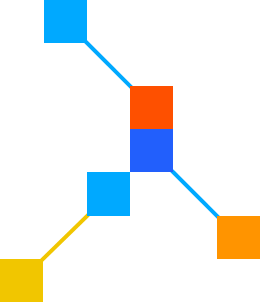Semiconductor Engineering: New Shifts In Automotive Design
, 2018年04月06日
Kurt Shuler, vice president of marketing at Arteris said, “Oh, you changed the software, you changed the system. Now you’ve got to have that car go and get certified to get running through that track all by itself” in this Semiconductor Engineering article.
Four big shifts in automotive design and usage are beginning to converge—electrification, increasing connectivity, autonomous driving and car sharing—creating a ripple effect across the automotive electronics supply chain.
Further, the only way to solve some of these problems algorithmically on the road to fully autonomous vehicles is with neural networks or non-deterministic algorithms, said Kurt Shuler, vice president of marketing at Arteris. “However, that is combined with functional safety, so there must be bounds because this is F=MA, and there is a heck of a lot of M in a car, and at times there is also a lot of A, too. There are real time constraints on this and it includes the traceability problem. Everybody says with software the system will get better, but then the question becomes, ‘Oh, you changed the software, you changed the system. Now you’ve got to have that car go and get certified to get running through that track all by itself.’ Is the industry going to do that? No. There is a lot that we need to do prior to this really being real.”
To read the entire article on Semiconductor Engineering, please click here.
